space science
In our group, we study the physics of ultra-cold atoms in the laboratory as well as in the microgravity environment of the drop tower Bremen. These free fall experiments provide a unique approach towards tests of gravity theory and quantum physics in a new parameter regime. We are also engaged in the development of new concepts and tools for space- and ground-based matter-wave interferometry, as well as tests of fundamental physics using these quantum sensors. more...
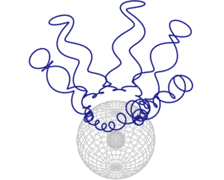
Our research is focused on analytical calculations of orbits of particles and light in general relativistic spacetimes. As a main application we study problems in astronomy, but we also investigate relativistic effects on the motion and tracking of satellites and the rate of clocks. Furthermore, we study fundamental problems in (nonlinear) electrodynamics and in alternative theories of gravity such as Finsler geometry. more...
Our research focusses on problems at the interface between Quantum Theory—the theory of matter—and General Relativity—the theory of gravity. These two theories form the main pillars of modern fundamental physics, tough they partially rest on mutually incompatible principles. We wish to gain a better understanding as to how these principles have to be modified in order to achieve unification by asking simple questions regarding experimentally accessible situations to which both theories apply. We are also interested in mathematical aspects of Special and General Relativity, which brings us in close contact to the research group Gravitational Theory. more...
Our research approach focuses on the combination of flow modeling and the thermodynamic aspects of molecular and turbulent flows. Primary research topics in the research group "Thermo-Fluid Dynamics" are the modeling of unsteady processes in fluid and thermodynamics resulting from transient microscale phenomena of plasma and gas dynamics.
Some external applications are biotechnological research activities, regenerative energy systems, filling technology and meteorological predictions in environmental science. In this way, the main research area, technical flows and combustion, is significantly expanded by linking it with other research areas.more...
The micro satellites and modelling methods group develops innovative micro satellite hardware as well as new numerical modelling methods within the scope of orbit propagation, satellite mission analysis and satellite system evaluation.more...
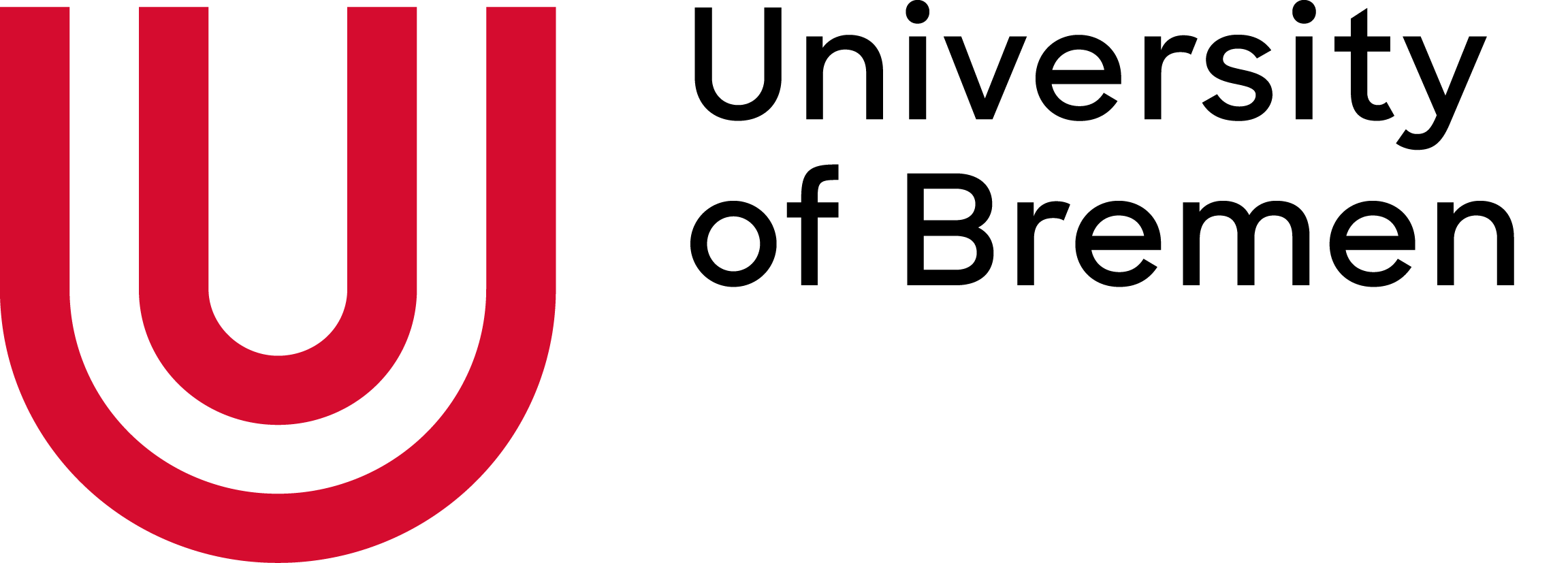

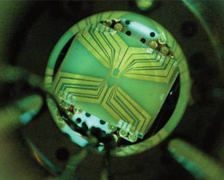

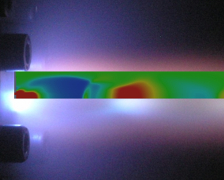
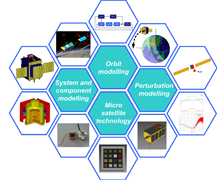
 "
"